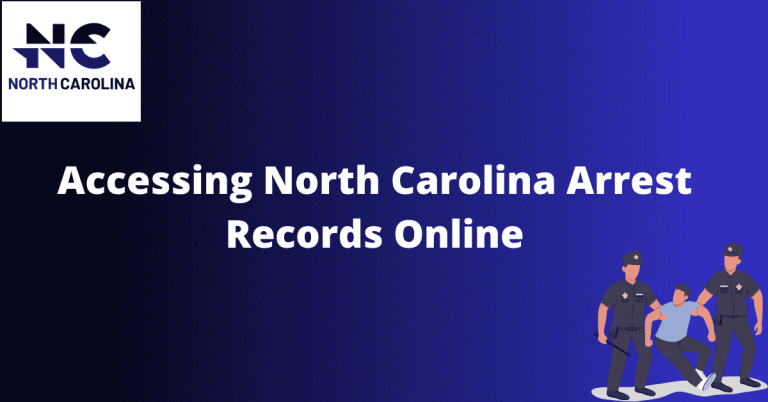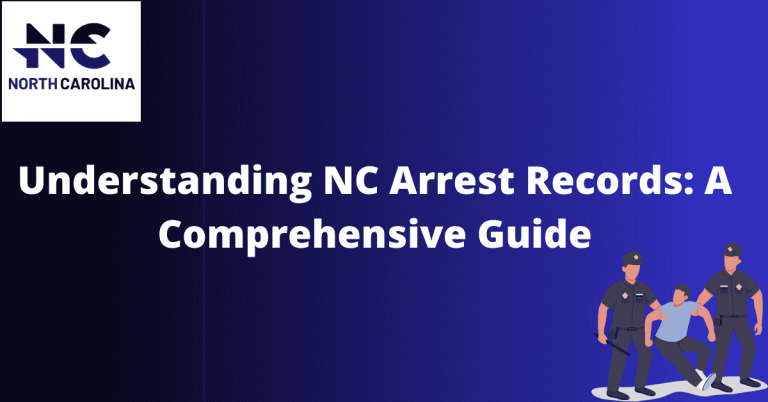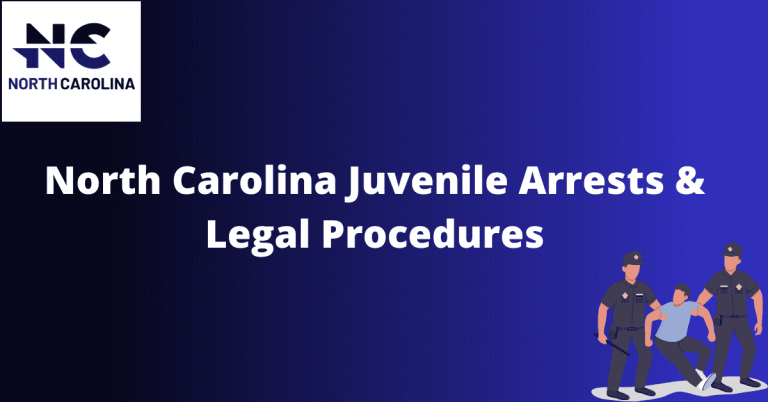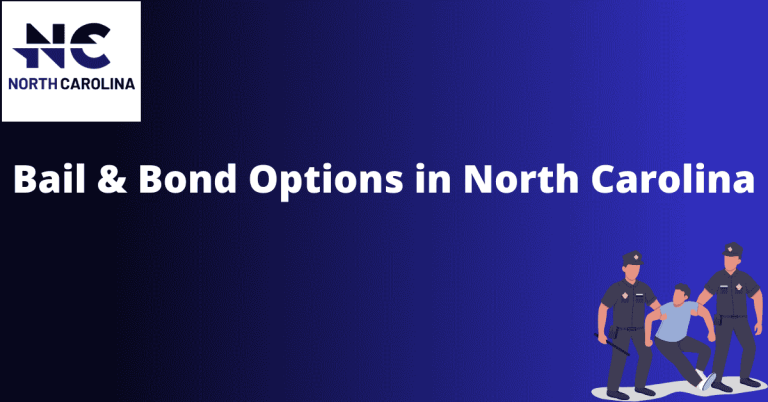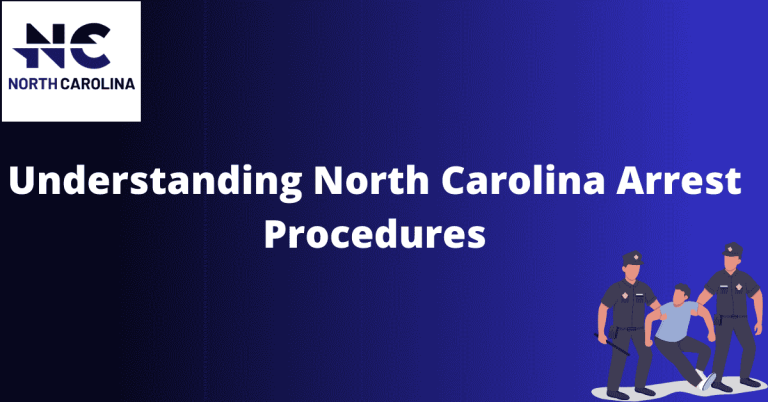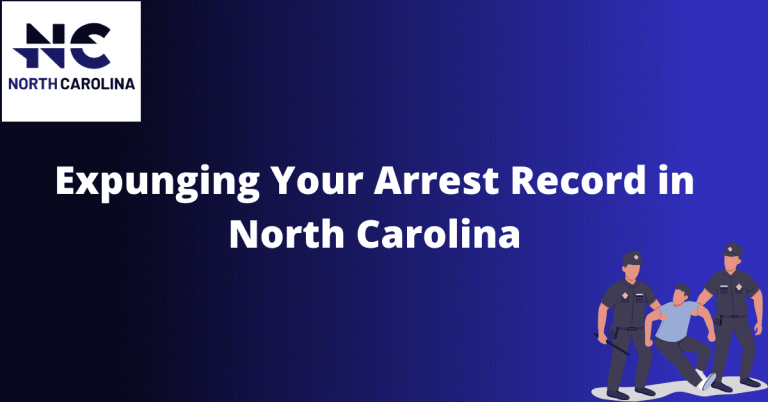NC Arrest Records: Public Access & Privacy
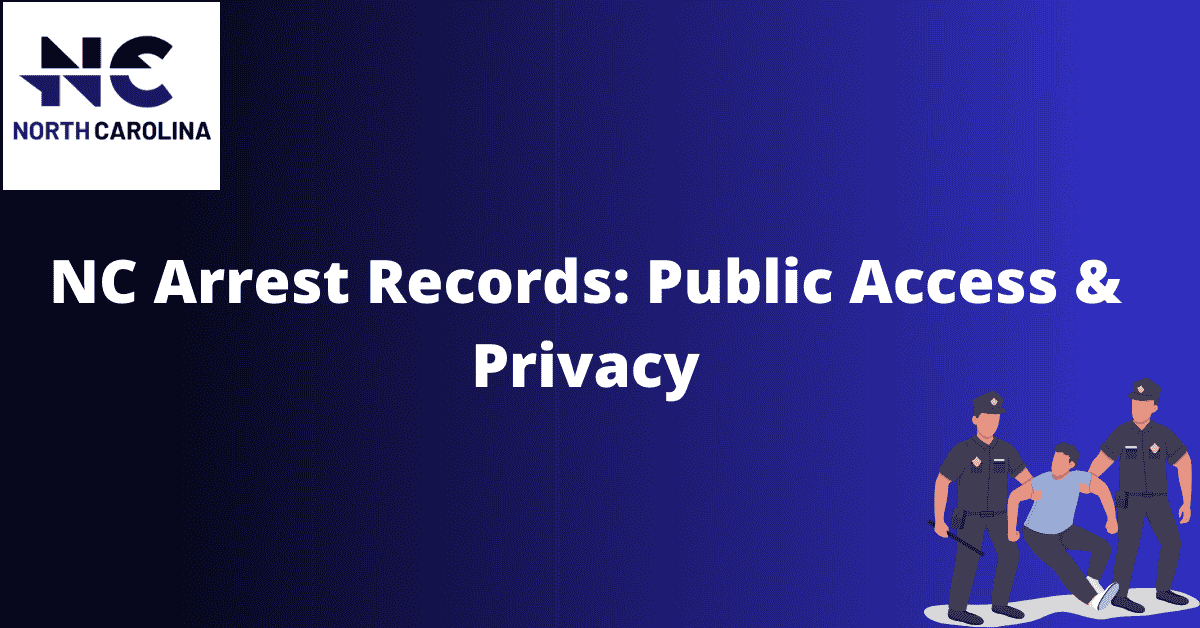
When it comes to accessing arrest records in North Carolina, there are vital considerations surrounding public access and individual privacy rights. Understanding the balance between these two aspects is essential for both citizens and law enforcement agencies. In this comprehensive article, we delve into the intricacies of North Carolina’s arrest records, exploring the accessibility, privacy implications, and the guidelines that govern their use.
Public Access to Arrest Records in North Carolina
Arrest records, though sensitive in nature, play a crucial role in maintaining transparency and accountability within a community. They offer insights into law enforcement actions and can be essential in ensuring that justice is served. However, with great power comes great responsibility. It’s important to strike a balance between making these records accessible to the public and safeguarding individual privacy. In this section, we’ll explore the regulations governing public access to arrest records in North Carolina and the associated privacy considerations.
Understanding North Carolina’s Arrest Records
Arrest records are a vital component of the criminal justice system, offering insight into law enforcement activities. In North Carolina, these records are not only used by government agencies but also open to the public, ensuring transparency. In the following sections, we’ll delve into the guidelines and regulations surrounding the accessibility of these records, as well as the privacy rights of individuals whose information is contained within them. Understanding the nuances of North Carolina’s approach to arrest records is essential for anyone seeking to access or use this information responsibly.
Exploring Public Access to Arrest Records
North Carolina follows specific guidelines to strike a balance between transparency and privacy. Arrest records in the state are considered public records, meaning they are generally accessible to anyone who requests them. However, there are exceptions and restrictions in place to protect certain sensitive information and ensure responsible use.
Privacy Considerations and Safeguards
Arrest records contain sensitive information about individuals, including personal details and criminal history. It’s crucial to explore the privacy considerations and safeguards in place to protect this information. In this section, we’ll discuss how North Carolina ensures that individuals’ privacy rights are respected when accessing and using arrest records. This includes redaction of certain information and restrictions on who can access specific data.
Law Enforcement’s Use of Arrest Records
Law enforcement agencies heavily rely on arrest records to carry out their duties effectively. We’ll explore how these records are utilized in investigations, background checks, and other law enforcement activities. Understanding how law enforcement uses arrest records sheds light on their importance and the responsibilities associated with their management.
Challenges and Concerns in Public Access
While public access to arrest records is essential for transparency, it also raises certain challenges and concerns. In this section, we’ll discuss potential issues such as misuse, discrimination, and the need for responsible handling of this sensitive information. We’ll also explore efforts to address these concerns and strike a balance between access and protection.
Legal Implications of Mishandling Arrest Records
To maintain the integrity of the criminal justice system, there are legal consequences for mishandling or misusing arrest records. We’ll examine the potential penalties for violating privacy rights and discuss the importance of adhering to the law when accessing and using these records.
FAQS
Explore our comprehensive Frequently Asked Questions (FAQ) section to find answers to common queries about NC Arrests.
Can anyone access my North Carolina arrest record?
In most cases, yes. North Carolina considers arrest records public records, meaning they are generally accessible to anyone who requests them. However, certain restrictions and redactions may apply to protect sensitive information.
How can I request a copy of my own arrest record in North Carolina?
You can request a copy of your own arrest record by contacting the North Carolina Department of Public Safety or the relevant law enforcement agency that processed your arrest. They will provide you with the necessary information on the process and any associated fees.
Are there any consequences for misusing someone else’s arrest record information in North Carolina?
Yes, there can be legal consequences for misusing or disseminating someone else’s arrest record information. North Carolina has privacy laws in place to protect individuals from unauthorized use or disclosure of their arrest records. Violating these laws can result in civil and criminal penalties.

